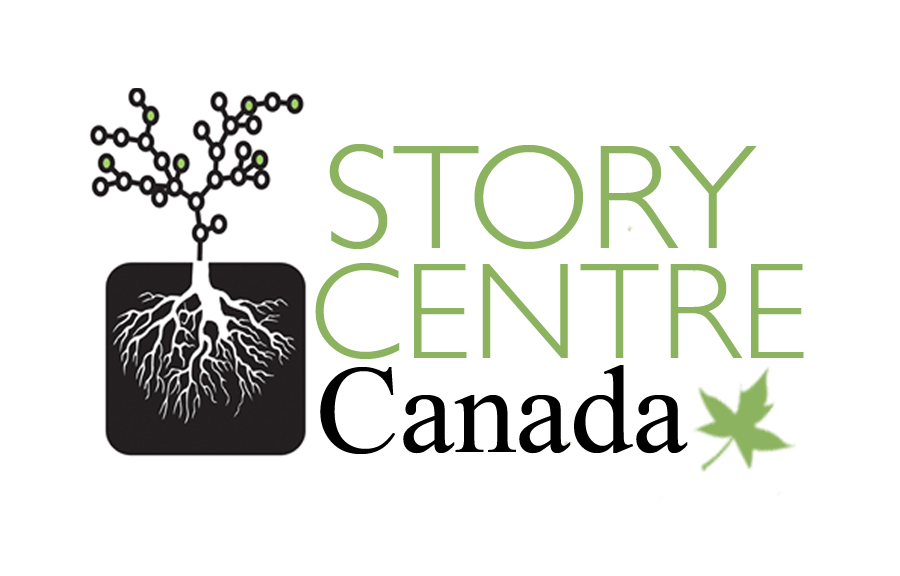Everyone has many stories to tell.
The ritual of sharing insights about life can be immensely valuable both to those who speak and those who bear witness. People who believe they are mundane, uninteresting, or unmemorable possess beneath this mask a vivid, complex, and rich body of stories just waiting to be told.
People need to be heard.
Being heard meets a deep-seated human need for connection. The simple yet critically important act of being acknowledged, being listened to – truly being heard – changes everything. It changes the person being listened to and therefore everything connected to that person.
Listening is hard.
Most people are either too distracted or too impatient to be really good listeners. In some parts of the world, this has resulted in a profusion of individuals who get paid to do the emotional labour of listening. Researchers, therapists, social workers, and others often play this role, yet anyone can learn to listen deeply. When they do, they create space for the storyteller to journey into the heart of the matter at hand.
People see, hear, and perceive the world in different ways.
This means that the forms and approaches they take to telling stories are also very different. There is no formula for making a great story – no prescription or template. Providing a map, illuminating the possibilities, outlining a framework – these are better metaphors for how one can assist others in crafting a narrative.
Creative activity is human activity.
From birth, people around the world make music, draw, dance, and tell stories. As they grow to adulthood, they often internalize the message that producing art requires a special and innate gift, tendency, or skill. Many people simply give up and never return to creative practice. Confronting this sense of inadequacy and encouraging people in artistic self-expression can inspire individual and community transformation.
Technology is a powerful instrument of creativity.
Many people blame themselves for their lack of technological savvy, instead of recognizing the complexity of the tools and acknowledging that access and training are often in short supply. But new media and digital video technologies will not in and of themselves make a better world. Developing thoughtful, participatory approaches to how and why these technologies are being used is essential.
Sharing stories can lead to positive change.
Personal narratives can touch viewers deeply, moving them to reflect on their own experiences, modify their behaviour, treat others with greater compassion, speak out about injustice, and become involved in civic and political life. Whether online, in social media or local communities, or at the institutional/policy level, the sharing of stories has the power to make a real difference.


